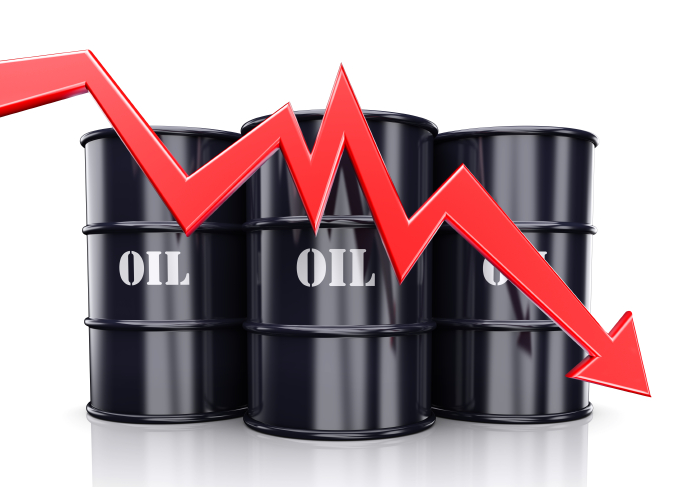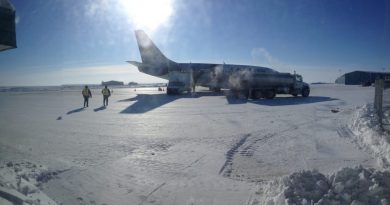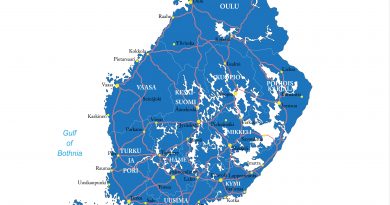Forecast: $80 oil at decade’s end

The International Energy Agency is predicting the return of higher oil prices, but not soon enough to end the gut punch to Alaska’s budget.
“We think that the market will gradually recover and we see about $80 oil price around 2020 to balance the markets,” said Fatih Birol, executive director of the Paris-based organization, explaining one of the key findings in this year’s World Energy Outlook.
Alaska North Slope crude has been selling for about $48 a barrel for months. This week the West Coast spot price fell below $46. So $80 sounds like an improvement. Around that price, Alaska’s effective tax rate on oil production begins to climb.
But another popular believe has it that $50 oil is the new normal, and Birol says he can’t rule it out. If fracking for oil in the Lower 48 became cheaper, and if new stability in the Middle East allowed countries like Iraq to step up production, Bierol says prices could remain low for years to come. But those are big “ifs.”
“We think, our World Energy Outlook highlights, that a $50 world, (for) 10 years or so, is rather unlikely,” he says.
Growth in renewables
One of the big stories in the World Energy Outlook this year is the rapid growth of renewable sources of power generation, including wind and solar. Birol says 60 cents of every dollar invested in power now goes to renewable energy.
“Renewables are not anymore a niche fuel,” he said. “Renewables became a mainstream fuel as of now.”
Charles Ebinger, an energy expert at the Brookings Institution in Washington, D.C., said this week that demand for oil worldwide will grow by as much as 19 million barrels a day in the coming decades. But Ebinger says he sees no bright spot for Alaska’s oil and gas future, due to both market economics and the energy policies of the Obama Administration, which Ebinger says are narrowly focused on climate change.
“I think Alaska is in big trouble,” said Ebinger, who described himself as a life-long Democrat. “I think with the current belief about fossil fuels permeating Washington, it’s not good for a resource-dependent state like Alaska.”
Alaskans can’t realistically expect oil prices to save the day, either. At recent production levels, the price would have to be well over $100 a barrel to balance the state budget.
Related stories from around the North:
Canada: Energy challenges in Canada’s North, Eye on the Arctic
Finland: Experts question Finland’s energy decisions, data, Yle News
Sweden: Will Sweden be able to produce enough energy in the future?, Radio Sweden
United States: Reindeer, oil at Energy Summit, Blog by Mia Bennett



